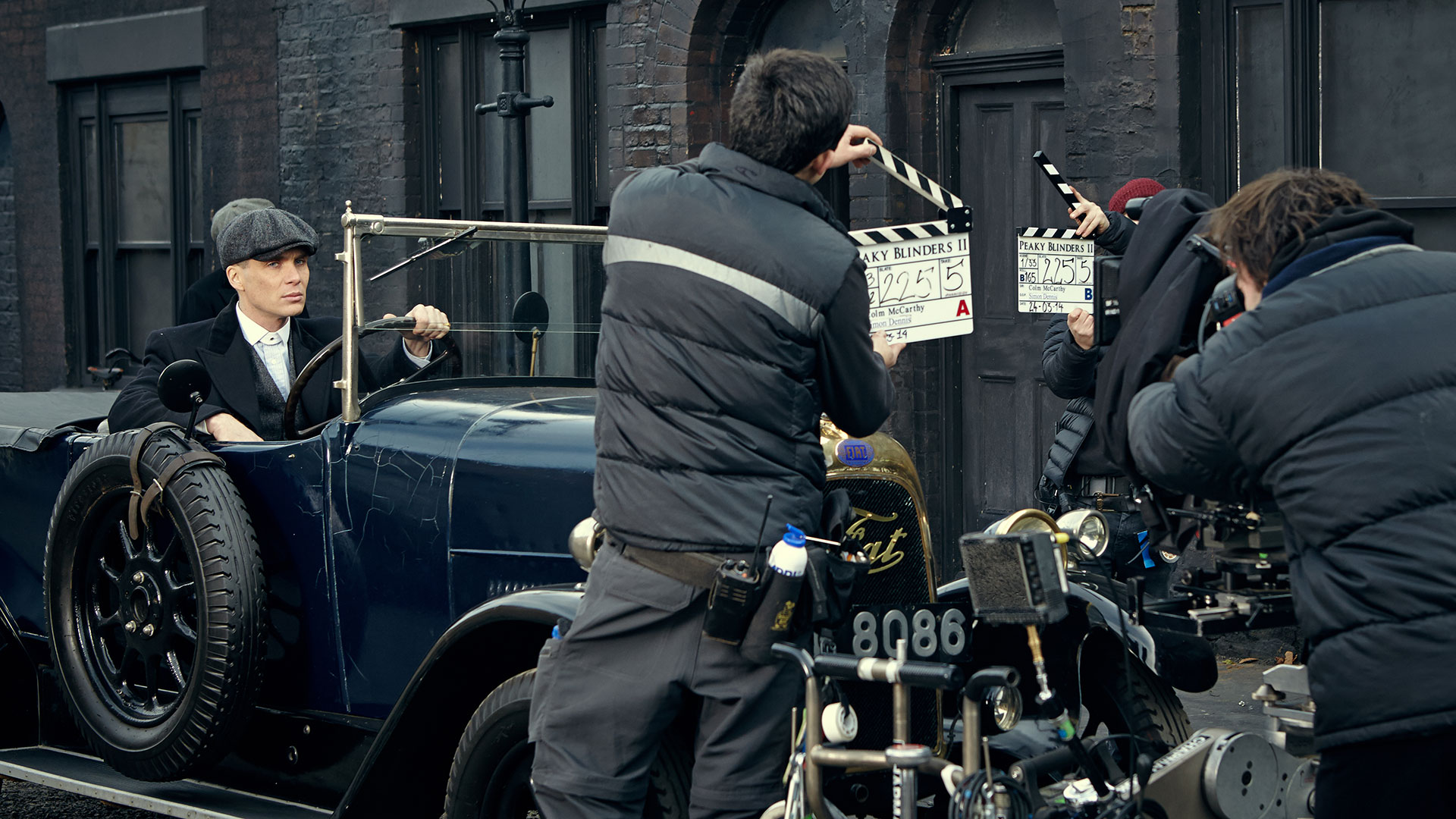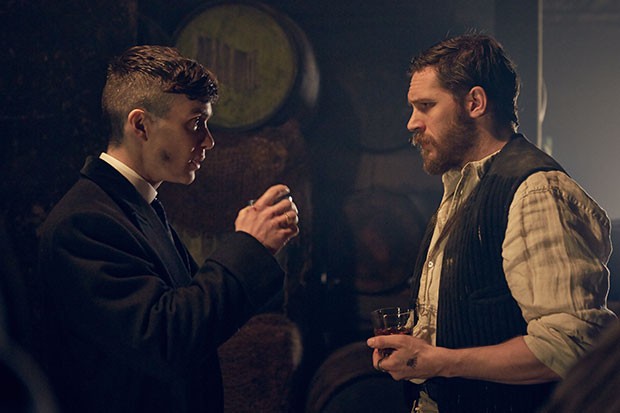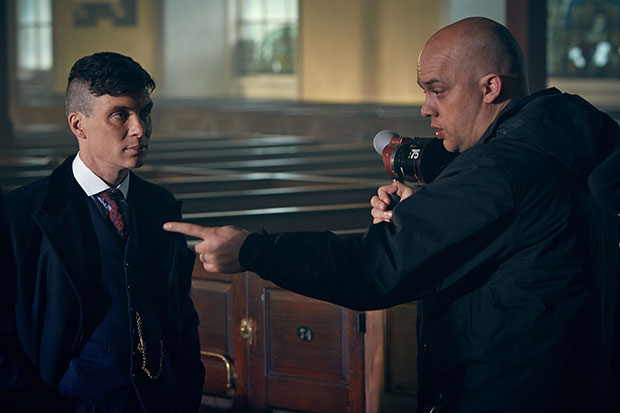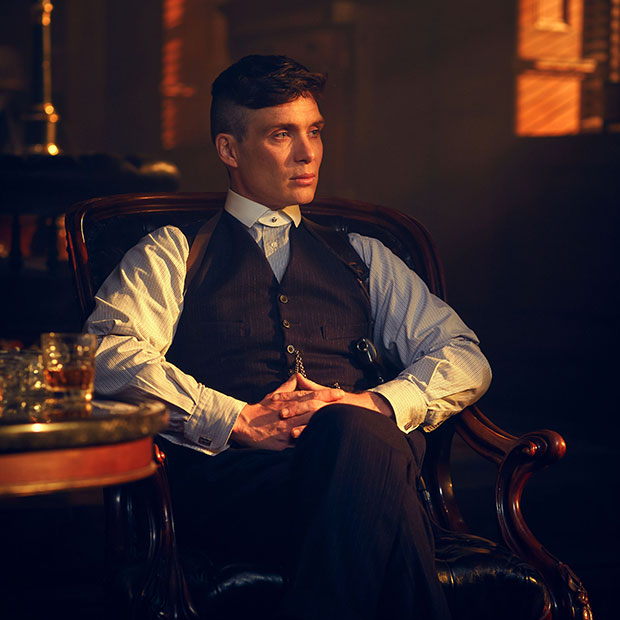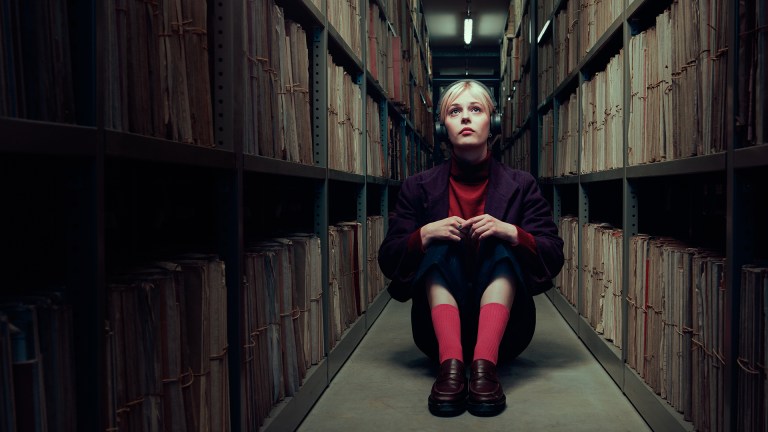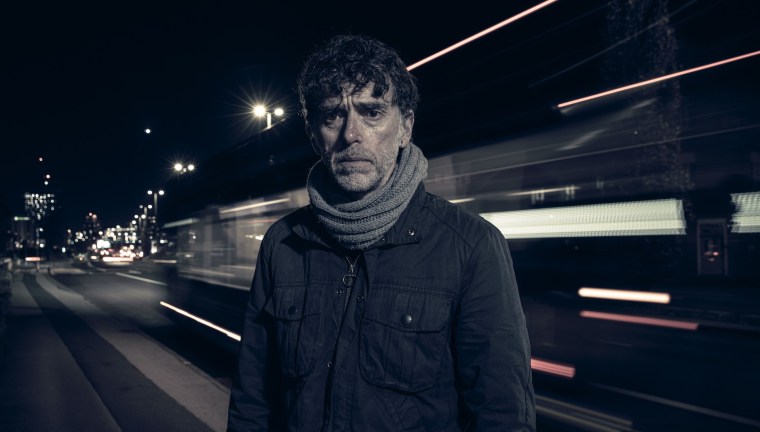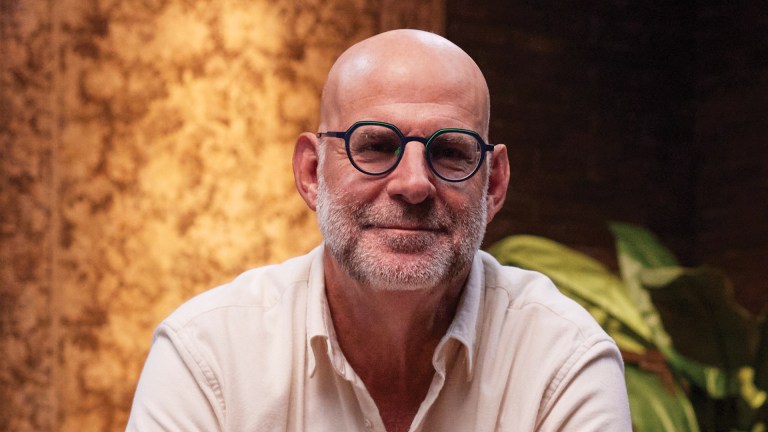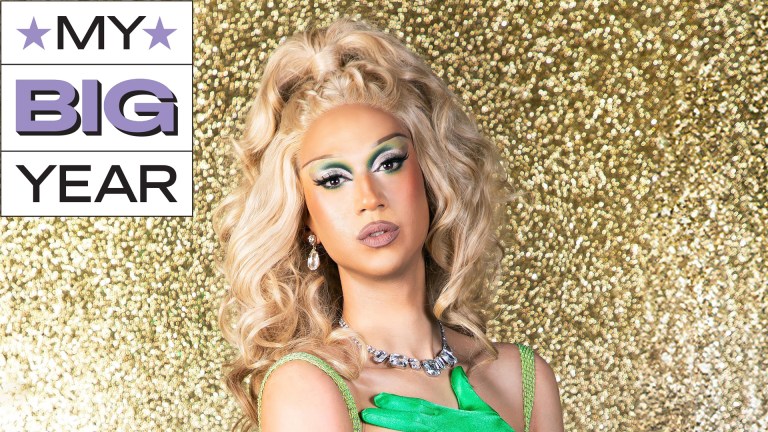The last few years have been good to Cillian Murphy. A Hollywood giant and favourite of Christopher Nolan – he was the only villain to feature in all three of Nolan’s Batman films – Murphy’s US star has never been brighter. But while the heavyweight Stateside offers roll in, the 38-year-old has opted for an immediate future in Britain.
“The square-jawed, clean-cut hero doesn’t interest me,” explains Murphy, who has just wrapped up Ballyturk at the National Theatre and is now anchoring Peaky Blinders. “Anything that is one-dimensional is boring. Somebody said once, ‘If you’re gonna play a miser, play his generosity’, and that’s interesting to me.”
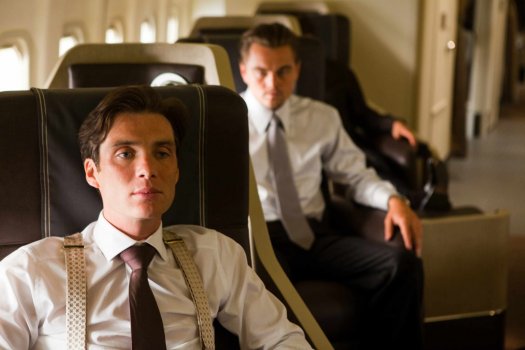
The Irish actor still lives in north London and has never been afraid to take professional risks. He got his big break in 2002 when Danny Boyle cast him in post-apocalyptic zombie horror 28 Days Later and has since divided his time between the stage, mainstream box office (Red Eye, Inception) and obscure indie gems (The Wind That Shakes the Barley, Breakfast on Pluto). Now his focus is on the small screen.
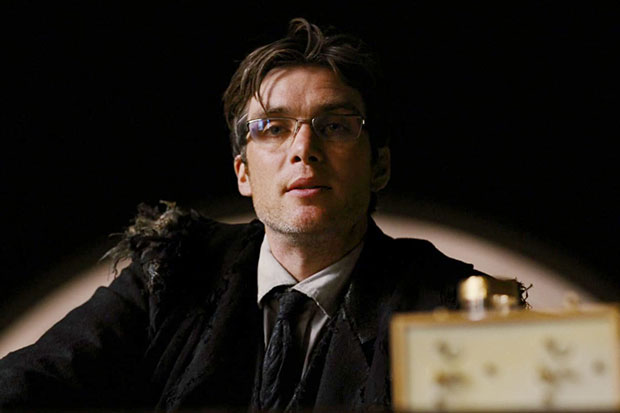
Peaky Blinders, created by Dirty Pretty Things writer Steven Knight, follows Murphy as gang head honcho Thomas Shelby. Set in a lawless, murky 1920s Birmingham, Shelby’s Blinders – so-called as they had razor blades hidden in the peaks of their flat caps – have slashed, fought and manipulated their way from humble racecourse racketeers to kings and queens of the Brummie underworld, with eyes now firmly set on London power.
The Big Issue meets Murphy on the Stockport-based Peaky Blinders set in between shoots for the series two finale. Murphy dons the finest 1920s vintage chic: tailored pin-stripe suit, polished black boots and gleaming Great Gatsby-esque jewellery adorning his neck, wrist and fingers. It’s a far cry from Shelby’s rough-edged, horse-backed introduction in Peaky Blinders.
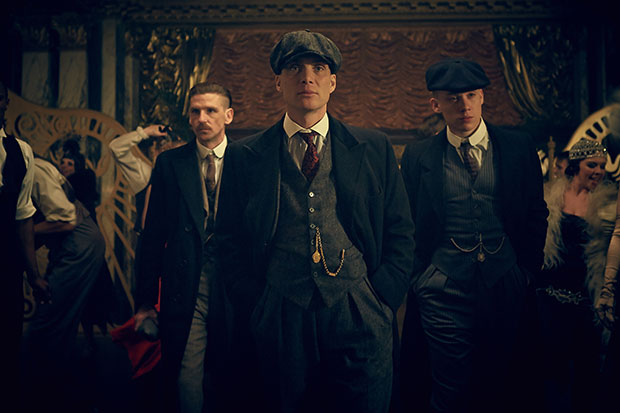
“The world has expanded,” Murphy notes. But for all the new Scarface glamour and mob-rule powerplays, maintaining a British identity is crucial. “What makes this distinctive is that it’s very British, and not American,” Murphy says. “Americans mythologise their gangsters wonderfully and we’ve never done it successfully, I think, until this show.”
